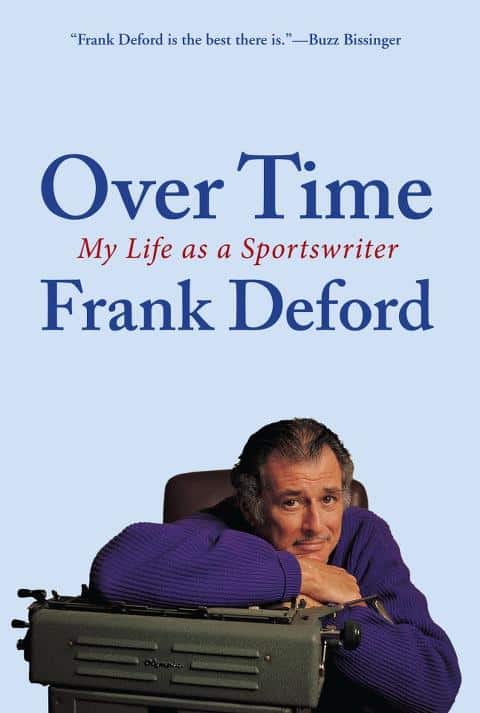The sheer sweaty bodyweight of beat
writers attached to American sports teams makes books which chronicle
one team's journey over an entire season relatively commonplace.
It's not an original concept, and basketball teams lend themselves to
these diaries more than most. The Jordan Rules,
A Season on the Brink
(by John
Feinstein) and The Breaks of the Game are
required reading for hoops fans.
In
1988-89, two season chronicles emerged simultaneously about
compelling storylines at opposite ends of the NBA. The Franchise
examined Jack McCloskey, the General Manager of the
Championship-winning Detroit Pistons; the other, by Atlanta
Journal-Constitution journalist Joe Drape, detailed the
Charlotte Hornets' first NBA season. The result is In the
Hornets' Nest.
Expansion is a gripping hook. There
aren't many stories written about lousy teams, especially
smaller-market ones. How often do you get a dynamic and in-depth
record of building a franchise from the ground up? In the Hornets' Nest should be a work of historical significance simply by existing; unfortunately it becomes a collection of beat-writer standards which don't do full justice to a fascinating period in the NBA's history.
New teams inherently offer plenty of
angles, partly because the cast of characters is hungry and
disparate, but also because – by design – they stink. Each
member of an expansion team, administrator or player, has one goal:
to do well enough to make money. When twenty characters all
attempting to secure their individual futures are combined, an intriguing and rare set of pressures
evolve; cataloguing individual and collective responses makes for fascinating reading.
This human element sells sports books. Unfortunately,
apart from boardroom machinations early and late, the personal element rarely comes
through in Drape's book; this makes it feel insubstantial and perfunctory. Watching an expansion team for the results is nonsensical; what matters are the foundations put in place for future success. Perhaps because Charlotte's player base was so obviously transient it became difficult to see any individual improvement coming from any of their established players.
 |
| Photo courtesy: amazon.com |
When a
nascent organisation develops, a maturity story can be attached both
to individual elements and the structure as a whole – there's
always interest (and a market) for coming of age tales. This aspect
is also disappointingly downplayed; the only figure to be treated to
three full dimensions is George
Shinn, the man least acquainted with pro basketball and also the
man with the most to learn.
When
executed poorly, attempts at documenting eight months of human
interaction can become a series of individual portraits rather than a
slow crystallisation of overall character. Unfortunately,
rather than opting to "grow" the Hornets' staff over the course of the
season, Drape inserted WYSIWYG potted character studies which are rarely
referred to later. Despite their fascinating roles, GM Carl Scheer
and coach Dick Harter are treated to the same three page allottment
as backup point guard Muggsy Bogues.
While
lightweight, the book rams home a few crucial differences between The
Leagues of then and now. The typical late-80s pursuit of size –
any size – is highlighted, resulting in career third-stringer
Stuart Gray being written about more than even his Mum thinks he
deserves. Also, there is an obvious lack of process and method about
both coaching and personnel decisions. Harter's coaching philosophy
often suggested that improvement couldn't come from within but from
outside; oddly, but understandably, Drape's writing reflects the same
tenor when it comes to individual and collective maturity.
There are frequent
gaps. Three quarters of the book has passed before Drape mentions
who the team's starting point guard was (it was the immortal Michael
Holton) and what should have been the most interesting sections
of all – the
1988 expansion draft and the 1988
NBA draft – barely rate a mention.
There's
a beat-writer's style to Drape's writing. He is even-handed so much
so that it could be mistaken for a lack of joy; the same could be
said of the players and administrators: the only people to see the
season as an experience rather than something to be endured before
they could draft again. It's easy fodder for basketball fans. Tennis Balls.



